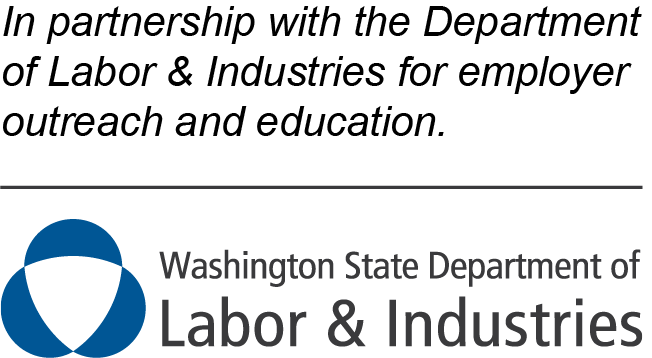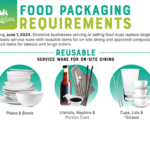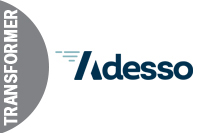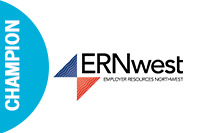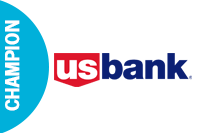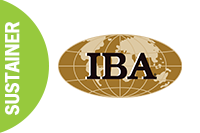
Tips
Employers must pay all tips to employees, as defined under the Minimum Wage Act. Businesses may not use tips as part of an employee’s hourly minimum wage.
You may not take tips for company use or to pay employee wages. Tip crediting isn’t allowed in Washington. Tips are in addition to, and not a part of, an employee’s state hourly minimum wage.
Employers, managers, or supervisors may accept tips only for services they directly provide. Managerial or supervisory workers who are salaried may not be part of a tip pool.
Employers may establish tip pools or require employees to “tip out” other employees. Employers are strongly encouraged to create clearly written policies for tip pooling arrangements and share written copies of the policy with employees. Employers are also encouraged to have employees sign an acknowledgment that they have received a written copy and understand the company’s tip pooling policy.
Tip pools or tip outs:
- Cannot include salaried supervisors, managers and business owners.
- Can include employees who are not directly serving a customer, such as kitchen staff and hourly lead workers.
- Must be in addition to, and not a part of, an employee’s state hourly minimum wage.
- Employees cannot be required to contribute more than they received in tips to a mandatory tip pool.
Employees may voluntarily have a tip-sharing agreement. However, an employer is not required to assist in administering voluntary tip-sharing agreements.
Service charges
A service charge is a mandatory fee an employer may charge for services that an employee provides.
To customers, service charges may appear to replace a tip. Because of this, state law requires clear disclosure of who receives the service charge. Service charges also include mandatory gratuities and delivery charges.
Under state law:
- If a business imposes a service charge, it must clearly disclose on the receipt and menu how much, if any, an employee who provides services will receive from the service charge.
- If nothing is disclosed, or the disclosure is unclear, then the entire service charge must be paid to the employee who provides services to the customer.
- The employee portion of a service charge is in addition to, and not a part of, an employee’s state hourly minimum wage.
A surcharge that is not related to services provided by an employee such as a fuel surcharge, late fee, cancellation fee, or parking fee, is not a service charge.
Recordkeeping: Employers must record the amount paid each pay period to their employee, including tips and the portion of a service charge an employee receives.
Payday: Employers can allow employees to take their tips and service charges when they are earned, or they can provide them on the paycheck covering the same pay period.
Deductions: Employer are not allowed to deduct cash register shortages or other business expenses from tips or service charges paid to the employee.
Processing fees: Employers can deduct only a portion of processing fees from tips or service charges paid with a credit or debit card. For example, if a $10 tip is processed by a company that charges a 1% transaction fee, the employer could deduct 10 cents to cover that portion of the fee.
Taxes on tips and service charges
Employers are required to withhold taxes from tips and service charges. Employers should only withhold taxes from the amount employees receive from a tip pool – not the amount they put into the tip pool.
If tips or service charges are paid out on a nightly basis, employers may later account for the payment in paychecks in order to withhold taxes. The amount would be shown as an addition and a deduction since the money was already paid.
TIPS
Tips and service charges paid to an employee must be in addition to an employee’s state hourly minimum wage. Washington law says you must disclose the percentage of the service charge that goes directly to employees on the menu AND on the receipt.
If you fail to provide a disclosure in both places, the entire service charge is do the employee(s) who provided service.
Samples of clear disclosure language for service charges are available in L&I’s Administrative Policy: Tips, Gratuities, and Service Charges (link below).
Additional Resources
Washington Hospitality Association
Labor & Industries
More Resources

